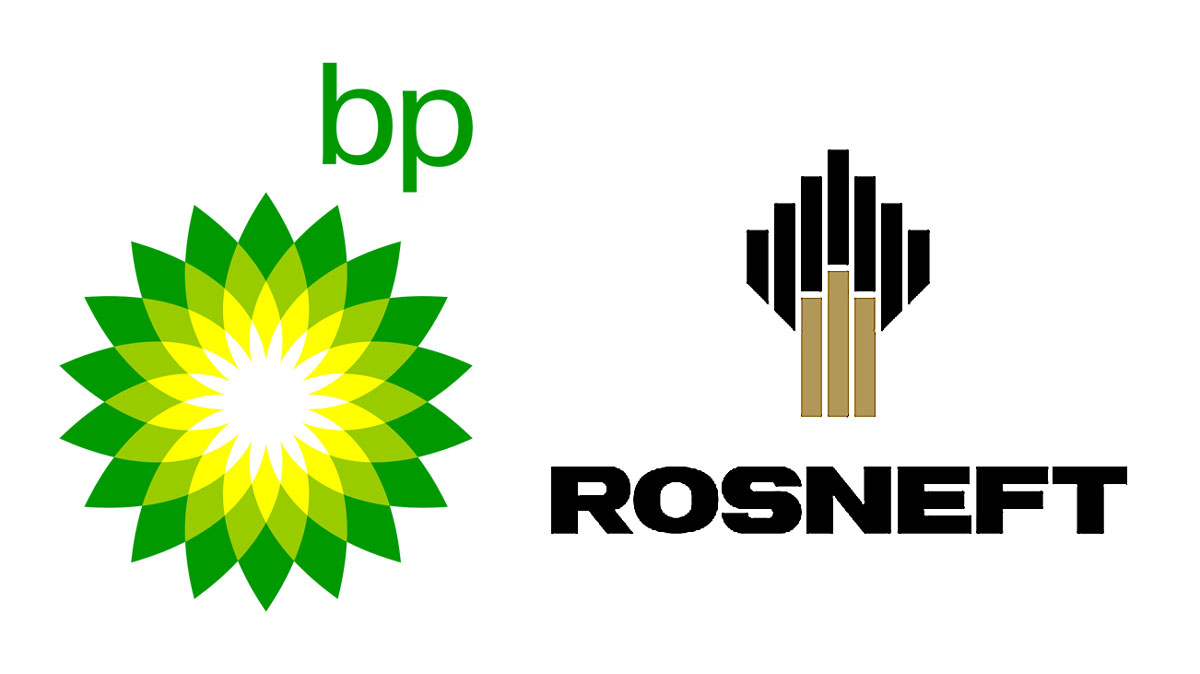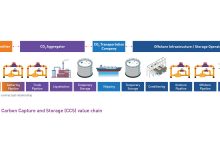Rosneft and bp to Cooperate on Carbon Management and Sustainability
Rosneft Oil Company and bp have signed a Strategic Collaboration Agreement focused on supporting carbon management and sustainability activities of both companies. The agreement builds on years of partnership between the two companies and formalizes key elements of their collaboration on sustainability and work to identify carbon reduction activities and low carbon opportunities.
Based on their longstanding partnership and taking into account the profound changes shaping the global energy transition to deliver more energy with less carbon, Rosneft and bp have agreed to cooperate in identifying and developing new low carbon solutions and programs that will support their shared sustainability goals. The companies also intend to join efforts in aligning with developing industry methodologies and standards on carbon management, including methane reduction initiatives and energy efficiency applications.
Rosneft and bp will also jointly evaluate new projects envisaging the use of renewables, opportunities for carbon capture, utilisation and storage (CCUS), as well as developments for hydrogen.
The companies intend to work together on opportunities for low carbon solutions in downstream businesses, including the development of advanced fuel as well as evaluate the potential for the development of natural forest sinks and trading of forest carbon-offsets credits. The companies will cooperate in sustainable development and social investment, including biodiversity.
“Rosneft and bp are united not only through the longstanding successful partnership in various areas but also in the intention to leverage this experience in future prospective projects outlined in this agreement. Joint efforts of our two companies, as the world energy industry leaders, will not only strengthen our corporate aims in sustainable development, but will also provide a significant contribution to overcoming the challenges the industry and the society face in the climate action and the satisfaction of growing global economy demand for energy resources. This is necessary for balanced social and economic development and life quality improvement,” Rosneft Chief Executive Officer Igor Sechin said, commenting on the agreement signed.
“We’ve been partners with Rosneft for many years now and we learn a great deal from each other. That’s important, and I believe that this agreement can be an important catalyst for progress. We both believe in the power of partnership and look forward to bringing together the best of Rosneft and bp to develop low carbon solutions and drive down emissions,” bp Chief Executive Officer Bernard Looney added.
Rosneft’s plan for reducing greenhouse gas emissions
Rosneft was one of the first Russian members and has been a member for over ten years of the United Nations Global Compact, the largest initiative considering sustainable development. The company was the first to reaffirm its strategic commitment to the UN Sustainable Development Goals in 2018. Climate action is one of the priority goals for the company.
Rosneft was also the first company in Russia to prepare the comprehensive 2035 Carbon Management Plan featuring clear targets for reducing greenhouse gas emissions. The plan was reviewed by the company’s board of directors in December 2020 and stipulates the following: prevention of direct and indirect greenhouse gas emissions of 20 million tonnes CO2-equivalent; a 30% reduction in the intensity of direct and indirect emissions in oil and gas production; a methane emission rate below 0.25%; zero routine flaring of associated gas.
The company’s activities are highly praised by the global investment community that considers socially responsible investments a long-term trend. In late 2020, FTSE Russell, a unit of the London Stock Exchange, verified Rosneft’s entering the global FTSE4Good Index Series. Rosneft has been recognised as the leading oil and gas company in Russia by several international ESG ratings, such as Refinitiv, Bloomberg, Corporate Human Rights Benchmark, and has been ranked among leaders in the Climate and Water Resources international ratings of CDP.
bp to become a net zero company by 2050
bp’s ambition is to become a net zero company by 2050 or sooner and it has set out a strategy intended to deliver this.
Within 10 years, bp aims to have increased its annual low carbon investment 10-fold to around USD 5 billion a year, building out an integrated portfolio of low carbon technologies, including renewables, bioenergy, and early positions in hydrogen and CCUS.
By 2030, bp aims to have developed around 50GW of net renewable generating capacity – a 20-fold increase from 2019 – and to have doubled its consumer interactions to 20 million a day.
Delivery of resilient and focused hydrocarbons will remain one of the foundations of the strategy. bp aims to drive capital and cost productivity up and emissions down completing its ongoing series of major projects, decreasing capital intensity, and to continue to high-grade its portfolio, resulting in significantly lower but more competitive production and refining throughput.
By 2030, bp aims for emissions from its operations and those associated with the carbon in its upstream oil and gas production to be lower by 30-35% and 35-40% respectively.







